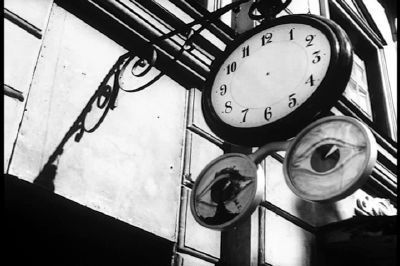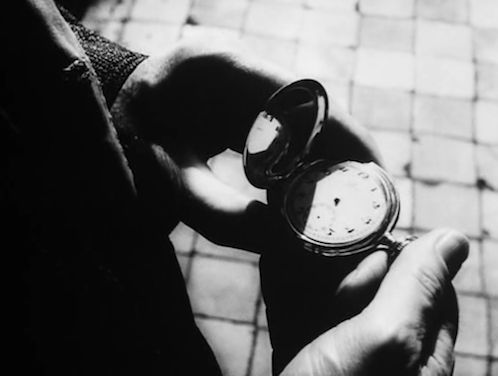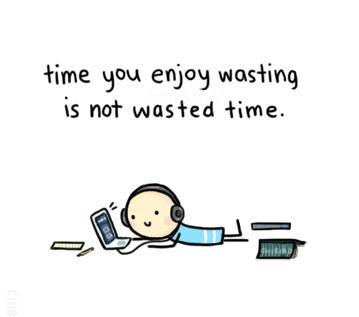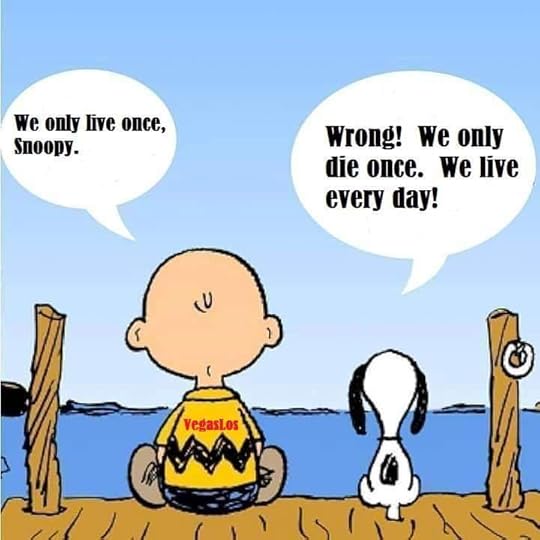What do you think?
Rate this book


92 pages, Paperback
First published November 24, 1908




"I will continue to chat with my companions in distress—that innumerable band of souls who are haunted, more or less painfully, by the feeling that the years slip by, and slip by, and slip by, and that they have not yet been able to get their lives into proper working order."
"But he will not be tormented in the same way as the man who, desiring to reach Mecca, and harried by the desire to reach Mecca, never leaves Brixton."
"[Our aspiration] springs from a fixed idea that we ought to do something in addition to those things which we are loyally and morally obliged to do."
"Until an effort is made to satisfy that wish [to do something more], the sense of uneasy waiting for something to start which has not started will remain to disturb the peace of the soul."
"There is no magic method of beginning. If a man standing on the edge of a swimming-bath and wanting to jump into the cold water should ask you, 'How do I begin to jump?' you would merely reply, 'Just jump. Take hold of your nerves and jump.'"
"[Ardour] is eager to move mountains and divert the course of rivers. It isn't content till it perspires. And then, too often, when it feels the perspiration on its brow, it wearies all of a sudden and dies, without even putting itself to the trouble of saying, 'I've had enough of this.'"
"A failure or so, in itself, would not matter, if it did not incur a loss of self-esteem and of self-confidence."
"In the cultivation of the mind one of the most important factors is precisely the feeling of strain, of difficulty, of a task which one part of you is anxious to achieve and another part of you is anxious to shirk."

Man, know thyself. (...) I am entirely convinced that what is more than anything else lacking in the life of the average well-intentioned man of to-day is the reflective mood.Bennett explains that increased knowledge of the world - music, art, architecture - will enhance one's experience of the world:
We do not reflect. I mean that we do not reflect upon genuinely important things; upon the problem of our happiness, upon the main direction in which we are going, upon what life is giving to us, upon the share which reason has (or has not) in determining our actions, and upon the relation between our principles and our conduct.(...)
All I urge is that a life in which conduct does not fairly well accord with principles is a silly life; and that conduct can only be made to accord with principles by means of daily examination, reflection, and resolution.
You would live at a promenade concert, whereas previously you had merely existed there in a state of beatific coma, like a baby gazing at a bright object.He suggests studying philosophy (Marcus Aurelius, Epictetus, Pascal, La Bruyere, Emerson), and any science that enables one to start noticing the cause-and-effect patterns in the world.